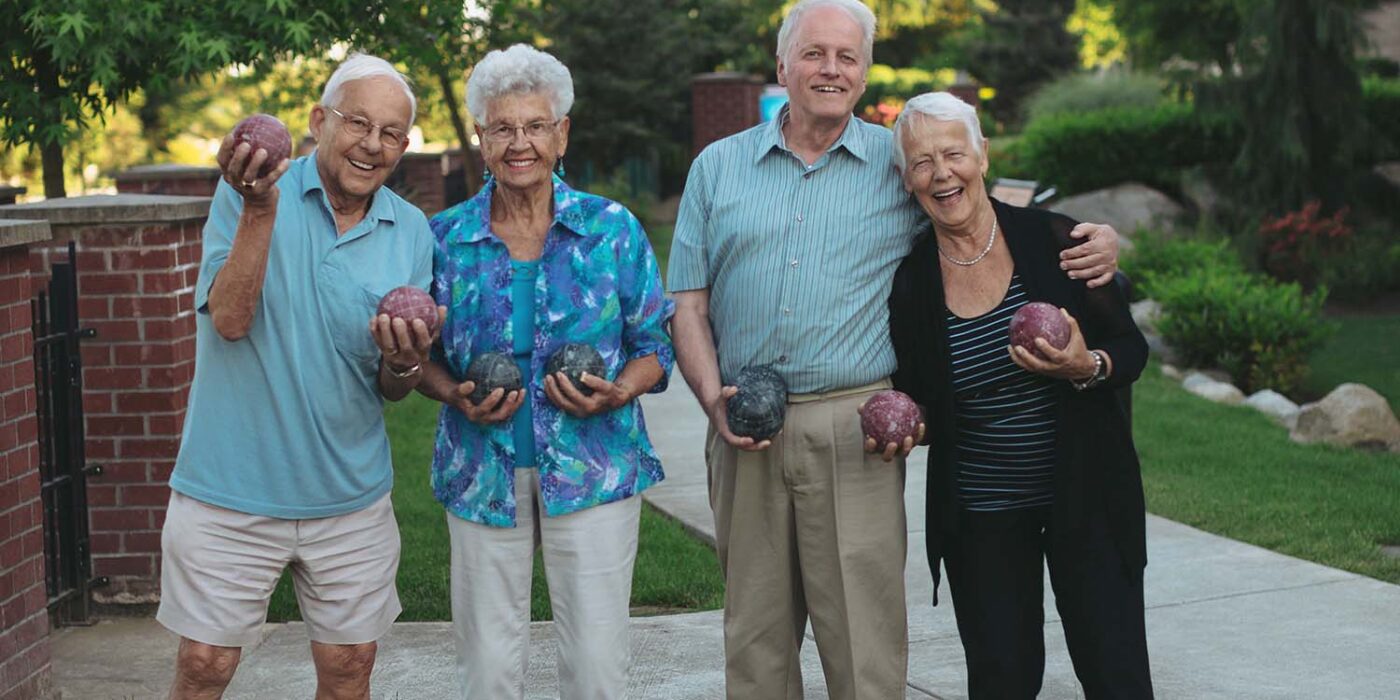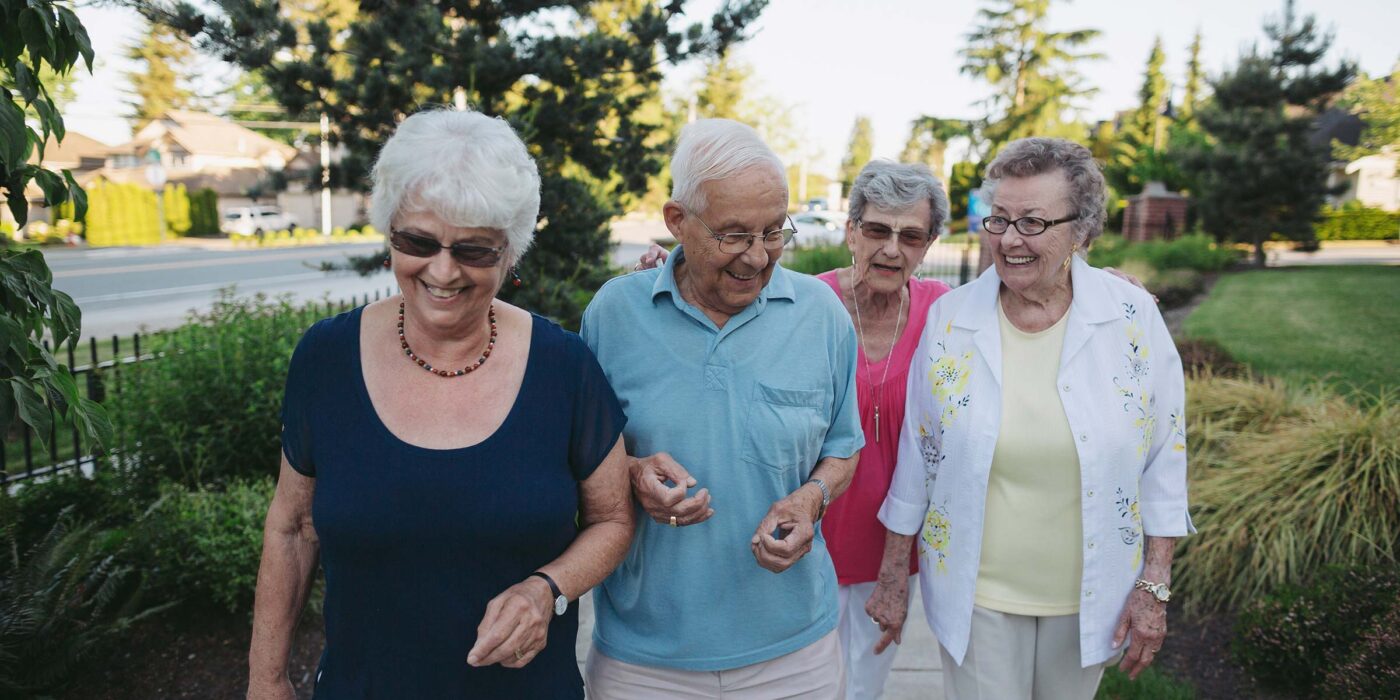Embracing Health: 4 Key Strategies for a Healthier Life
As we journey through life, caring for our health becomes increasingly vital. This is especially true as we age, highlighting the importance of preventative health measures. February, designated as Preventative Health Awareness Month, emphasizes the importance of staying healthy at all ages and stages. Let’s delve into some practical tips for embracing preventative health, enhancing quality of life, and maintaining independence.
1. The Power of Physical Activity
Research has consistently shown the myriad benefits of staying active, particularly for seniors. Engaging in regular exercise can bolster balance and reduce the risk of chronic diseases such as heart disease, diabetes, obesity, and cancer. Moreover, physical activity triggers the release of endorphins and other mood-boosting chemicals in the brain, aiding in mood enhancement and well-being and even reducing depression symptoms.
2. Nutrient-Rich Diet: A Cornerstone of Health
The role of a balanced and nutrient-rich diet in maintaining health cannot be overstated. Consuming whole, healthy foods aids in weight management and mood improvement and can help manage conditions like high blood pressure and diabetes, contributing to overall heart health.
3. The Importance of Quality Sleep
A staggering number of adults face challenges with sleep, either in falling or staying asleep. Compromised sleep quality can have far-reaching effects on our health, increasing the risk of anxiety, depression, cognitive impairments, and various physical and immune disorders. Adopting a regular sleep routine, ensuring a comfortable sleep environment, and addressing sleep-related issues are crucial steps toward optimal health.
4. Prioritizing Mental Health and Emotional Well-being
Mental health is as significant as physical health, particularly for older adults. The World Health Organization reports that about 15% of individuals aged 60 and above have a mental disorder. Keeping mentally active with brain-challenging activities like puzzles, reading, or learning new skills is essential. Additionally, social engagement is crucial in maintaining a positive mental outlook. Staying connected with loved ones and participating in community events are vital to fostering emotional well-being.
Incorporating these strategies into our daily lives can pave the way for a healthier, more vibrant future.



